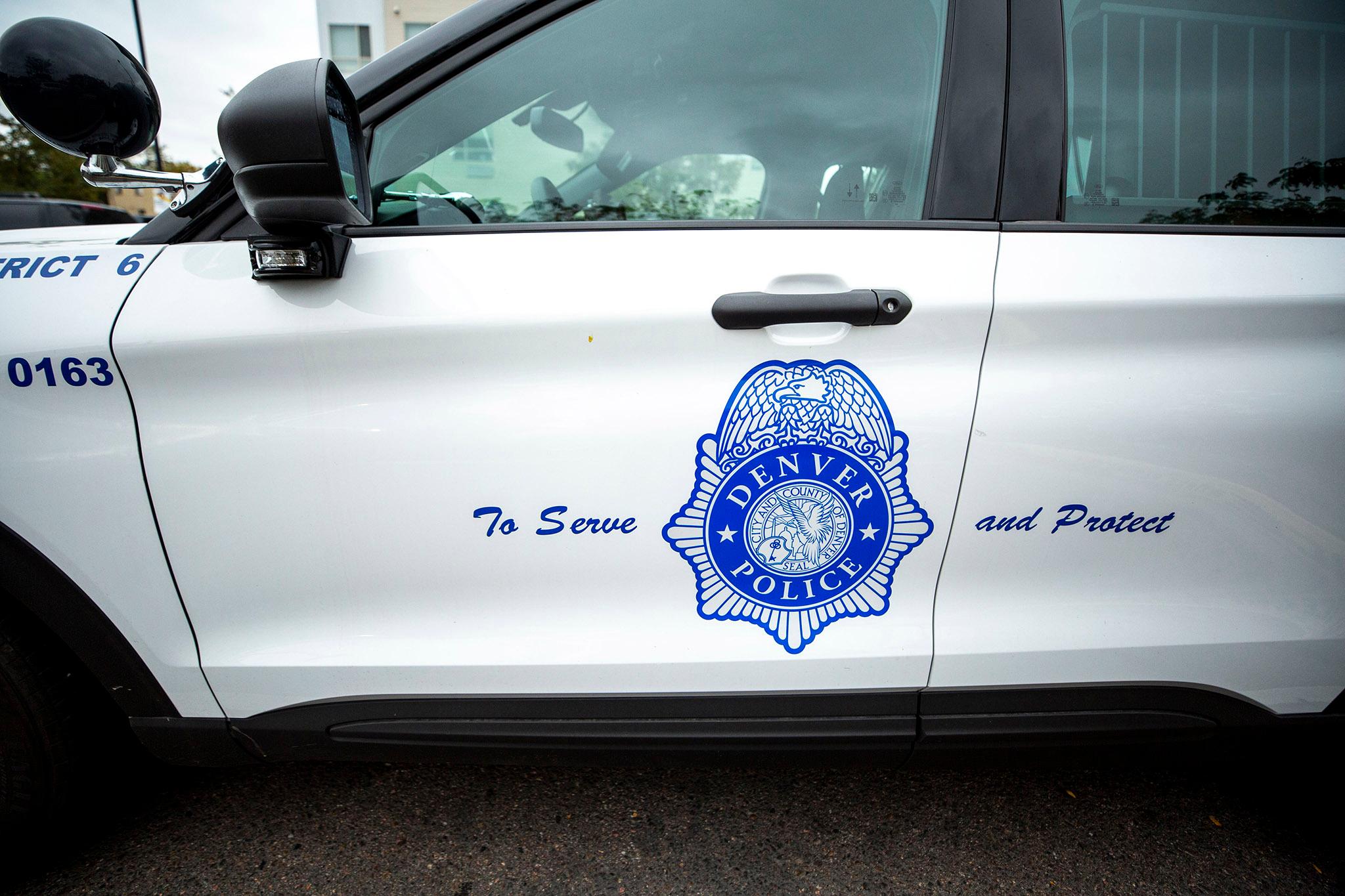Updated at 4:13 p.m. on August 28, 2023.
The city of Denver will likely pay $4.72 million to more than 300 Black Lives Matter protesters arrested during the 2020 protests. The settlement is the second part of a case that won $14 million in damages over police misconduct involving 12 protesters in 2022.
City Council approved the payment Monday.
Next, the agreement awaits approval from the court.
The class action portion of the lawsuit involved more than 300 protesters arrested for violating a curfew put in place by former Mayor Michael Hancock in response to the protests in May and June of 2020. Lawyers for the protesters claimed that Denver Police Officers selectively enforced the curfew to specifically target protesters, violating their First Amendment rights. Police detained the protesters for days before the city dismissed the charges. In court filings, lawyers for the city denied targeting protesters for arrest.
Now, pending court approval, the city will pay those protesters $4.72 million.
"Denver used its militarized police force to unlawfully arrest over 300 people for protesting the murders of George Floyd and Breonna Taylor," said Claire Sannier, one of the arrested protestors who filed this lawsuit, in a press release Monday. "The City has agreed to pay for this one instance of violent suppression of free speech, while they continue to brutalize and imprison people every day. Our message is that Black Lives Matter is as necessary now as it was in 2020."
The case cites text messages suggesting that now-Chief of Police Ron Thomas instructed Denver Police Department (DPD) officers to specifically target protesters for violating curfew.
Hancock issued the emergency curfew at the end of May, 2020, banning people from public spaces after 8 p.m.
"We are working with the City Attorney to extend the curfew order later into the week," wrote DPD Commander Kathy Bancroft in a text message on June 6, 2020 to DPD staff including Thomas. Bancroft was a Division Chief at the time (former Chief Paul Pazen was Chief during the 2020 protests). "Make sure your troops understand this charge is only to be used in relation to protest activity either downtown or elsewhere in the City."
Another text from Bancroft suggests that Thomas instructed police to specifically target protesters for violating curfew. Thomas is included in the messages, but does not issue those instructions himself.
"From DC Thomas... Please advise all your officers that this curfew ordinance is to be used only for enforcing protest-related behavior regardless of location in the city," Bancroft wrote. "Do not let officers cite for curfew just for being out after 2100 [9 p.m.]. Unless they are actively engaged in protest activity, some other charge of justification must be used."
In court filings, lawyers for the city argued that DPD did not treat protesters differently from other people when enforcing curfews. They call the text messages "incorrect" and a "red herring," arguing that Thomas was not "a final policymaker for Denver" regarding the curfew and that his orders relayed in the message did not determine enforcement.
DPD declined to comment on the settlement.
Because the city settled with the protesters, the city maintains that officers did not specifically target protesters.
"The City agrees not to target enforcement of any future emergency curfew order against individuals engaged in First Amendment or protest activity," writes the settlement agreement. "The City specifically denies the emergency curfew was targeted for enforcement against anyone engaged in First Amendment or protest activity."
For lawyers representing the protesters, the settlement is a win for free speech.
"Instead of being given tickets for allegedly violating the nighttime curfew, the protestors were arrested and taken into custody at the detention center during the height of the COVID-19 pandemic," wrote civil rights firm Loevy & Loevy in a press release Monday.
According to lawyers representing the protesters, some protesters were unable to receive medical care, risked getting fired from work and attempted suicide while detained for violating curfew. The charges were later dropped.
"Over 300 people were arrested for the simple act of protesting. The U.S. Constitution does not allow police to clear the streets of protestors simply because they do not agree with their message," said Elizabeth Wang, lead attorney on the case with Loevy & Loevy. "In addition to compensation to protestors, the settlement prevents the City from enacting any curfew enforced against those engaged in protest activity in the future. This is a win that will protect free speech in Denver for the years to come."
The case is the latest in a number of costly claims dating back to the 2020 protests.
The city has already paid nearly $3.5 million in claims involving DPD so far this year, many of which involve incidents that happened at the George Floyd protests. Monday's settlement brings that figure to nearly $8.2 million.
The class action settlement is also part of a bigger case, part of which went to trial in 2022. In that case, 12 protesters, including now-State Representative Elisabeth Epps, sued the city over police misconduct. Protesters testified about police using tear gas, pepper balls and other weapons against nonviolent protesters. The jury ruled in their favor, and awarded $14 million in damages.














